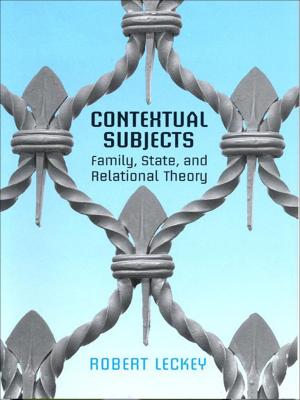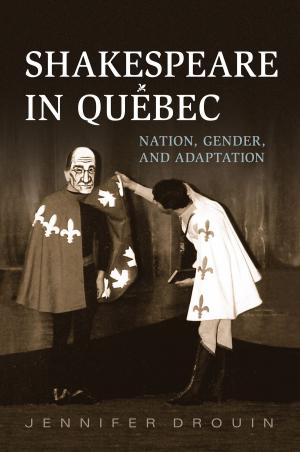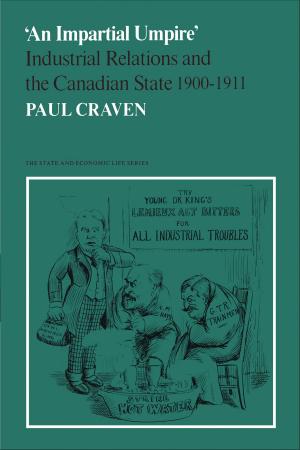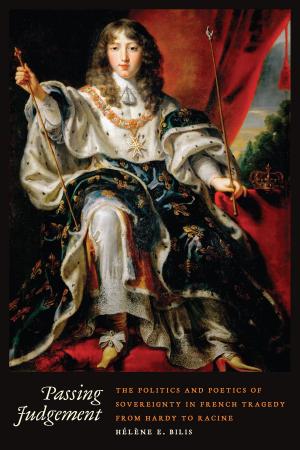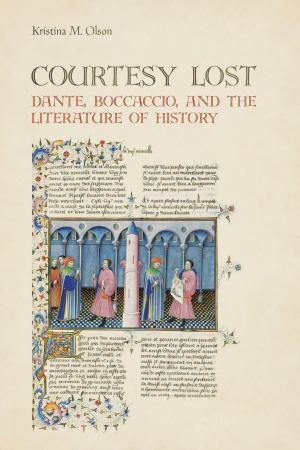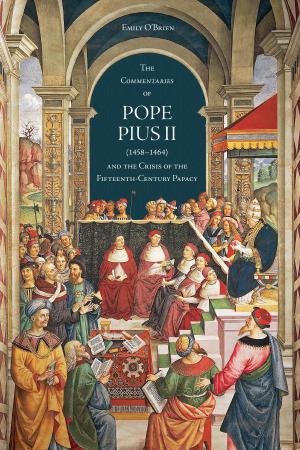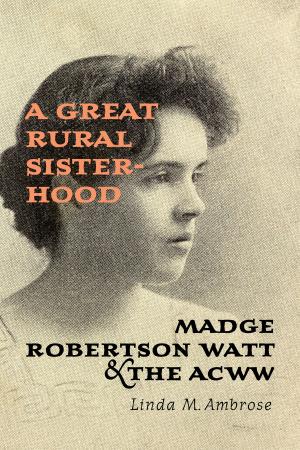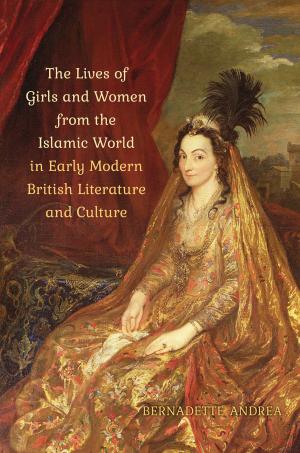Constance Maynard's Passions
Religion, Sexuality, and an English Educational Pioneer, 1849-1935
Nonfiction, Reference & Language, Education & Teaching, History, Administration, Social & Cultural Studies, Social Science, Gender Studies, Women&| Author: | Pauline A. Phipps | ISBN: | 9781442622869 |
| Publisher: | University of Toronto Press, Scholarly Publishing Division | Publication: | September 15, 2015 |
| Imprint: | Language: | English |
| Author: | Pauline A. Phipps |
| ISBN: | 9781442622869 |
| Publisher: | University of Toronto Press, Scholarly Publishing Division |
| Publication: | September 15, 2015 |
| Imprint: | |
| Language: | English |
Successful but self-tormented, English educational pioneer Constance Maynard (1849–1935) was a deeply religious evangelical Christian whose personal atonement theology demanded that one resist carnal feelings to achieve personal salvation. As the founder of Westfield College at the University of London, Maynard championed women’s access to a university education. As the college’s first principal, she also engaged in a string of passionate relationships with college women in which she imagined love as God’s gift as well as a test of her faith.
Using Maynard’s extensive personal papers, especially her diaries and autobiography, Pauline A. Phipps examines how the language of her faith offered Maynard the means with which to carve out an independent career and to forge a distinct same-sex sexual self-consciousness in an era when middle-class women were expected to be subservient to men and confined to the home. Constance Maynard’s Passions is the fascinating account of a life which confounds the usual categories of faith, gender, and sexuality.
Successful but self-tormented, English educational pioneer Constance Maynard (1849–1935) was a deeply religious evangelical Christian whose personal atonement theology demanded that one resist carnal feelings to achieve personal salvation. As the founder of Westfield College at the University of London, Maynard championed women’s access to a university education. As the college’s first principal, she also engaged in a string of passionate relationships with college women in which she imagined love as God’s gift as well as a test of her faith.
Using Maynard’s extensive personal papers, especially her diaries and autobiography, Pauline A. Phipps examines how the language of her faith offered Maynard the means with which to carve out an independent career and to forge a distinct same-sex sexual self-consciousness in an era when middle-class women were expected to be subservient to men and confined to the home. Constance Maynard’s Passions is the fascinating account of a life which confounds the usual categories of faith, gender, and sexuality.



